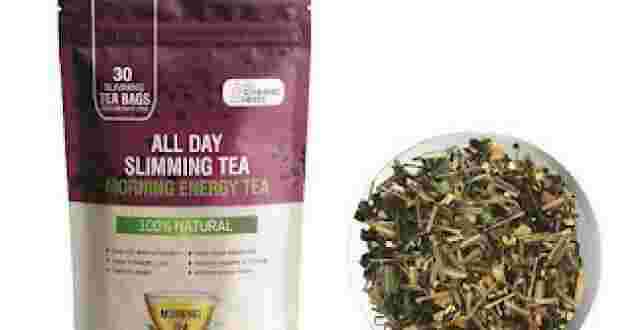Do You Take Vitamins? Yes? Why? No? Why Not?
- - Category: Women's Health
- - 30 Jan, 2018
- - Views: 882
- Save
If a vitamin is improperly absorbed, or is absent from the diet, a deficiency exists and a specific disease may surface, such as Beriberi.
"Do you take vitamins? Yes? Why? No? Why not? Confusing, isn’t it? Can we ever get to the bottom of the yes-no controversy?
This was noted by William Fletcher in 1905 when symptoms appeared in populations whose diet consisted mostly of polished rice, lacking the thiamine-rich husk. Lack of thiamine, or vitamin B1, causes emotional disturbances, physical weakness, heart failure, impaired sensory perception, and, in severe circumstances, eventual death.
Dr. Donald Davis led a crop-nutrient study in 2004, while working at the University of Texas Biochemical Institute, He and his team found that the nutrient value of forty-three garden crops has declined considerably over the past fifty years. As reported in the “Journal of the American College of Nutrition” in December of that year, the forty-three crops showed “statistically reliable declines” in protein, calcium, iron, phosphorus, riboflavin (vitamin B2), and ascorbic acid (vitamin C). Some nutrients could not be compared because their values were not reported in the 1950s. They include magnesium, zinc, vitamin B6, vitamin E, dietary fiber, and phytochemicals.
After accounting for possible confounders, the study concluded that the change in nutrient value could be ascribed to changes in cultivated varieties, in which there could have been a tradeoff between crop yield and nutrient value. Dr. Davis added that farmers are paid by the weight of a crop, not by its food value. Some innovative farming techniques have given rise to faster growing crops, which, by virtue of their seed-to-market time, do not have sufficient time to develop their nutrients. They do not have the chance to absorb everything they need from the soil.
Some innovative farming techniques have given rise to faster growing crops, which, by virtue of their seed-to-market time, do not have sufficient time to develop their nutrients. They do not have the chance to absorb everything they need from the soil. Crop rotation has fallen into dis-favor by some farms because it requires more planning and management skills than are at hand, thus increasing the complexity of farming. Rotation of crops helps to reduce insect and disease problems, improves soil fertility, reduces soil erosion, and limits biocide carryover. If, however,single crop is a big moneymaker for the farm, why should it bother even to try to grow something else? Why bother to rotate crops when chemical fertilizers, herbicides, fungicides, and insecticides can help to guarantee a bumper crop? Could nutrient value be affected by using these artificial chemicals? Do these materials come into our bodies? Do we have the proper kinds and amounts of nutrients to detoxify them?
Therefore, the same plant in place continues to withdraw the same minerals repeatedly, year after year, with little chance for replenishment except by chemical means, if at all. How many of us would prefer to get our dietary needs from unnatural sources, like iron from rusted nails, or zinc from galvanized wire?
Our normal eating habits suggest that we are woefully inadequate in meeting dietary recommendations to achieve optimum well-being and health.
Conclusion: Its extremely important to supplement regularly and maintain adequate nutritional status!
Dr Kalpana Shekhawat-M.D
Functional Medicine Specialist
Website : www.freedomage.in



